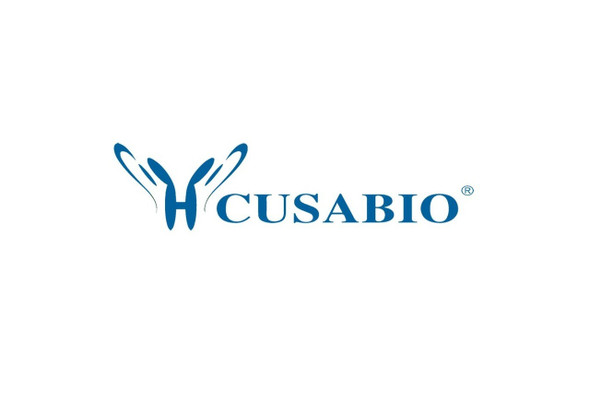Cusabio Polyclonal Antibodies
PARP3 Antibody | CSB-PA017467EA01HU
- SKU:
- CSB-PA017467EA01HU
- Availability:
- 3 to 7 Working Days
Description
PARP3 Antibody | CSB-PA017467EA01HU | Cusabio
PARP3 Antibody is Available at Gentaur Genprice with the fastest delivery.
Online Order Payment is possible or send quotation to info@gentaur.com.
Product Type: Polyclonal Antibody
Target Names: PARP3
Aliases: Poly [ADP-ribose] polymerase 3 (PARP-3) (hPARP-3) (EC 2.4.2.30) (ADP-ribosyltransferase diphtheria toxin-like 3) (ARTD3) (IRT1) (NAD (+) ADP-ribosyltransferase 3) (ADPRT-3) (Poly[ADP-ribose] synthase 3) (pADPRT-3), PARP3, ADPRT3 ADPRTL3
Background: Involved in the base excision repair (BER) pathway, by catalyzing the poly (ADP-ribosyl) ation of a limited number of acceptor proteins involved in chromatin architecture and in DNA metabolism. This modification follows DNA damages and appears as an obligatory step in a detection/signaling pathway leading to the reparation of DNA strand breaks. May link the DNA damage surveillance network to the mitotic fidelity checkpoint. Negatively influences the G1/S cell cycle progression without interfering with centrosome duplication. Binds DNA. May be involved in the regulation of PRC2 and PRC3 complex-dependent gene silencing.
Isotype: IgG
Conjugate: Non-conjugated
Clonality: Polyclonal
Uniport ID: Q9Y6F1
Host Species: Rabbit
Species Reactivity: Human
Immunogen: Recombinant Human Poly [ADP-ribose] polymerase 3 protein (1-240AA)
Immunogen Species: Human
Applications: ELISA, WB, IHC
Tested Applications: ELISA, WB, IHC; Recommended dilution: WB:1:500-1:5000, IHC:1:20-1:200
Purification Method: >95%, Protein G purified
Dilution Ratio1: ELISA:1:2000-1:10000
Dilution Ratio2: WB:1:500-1:5000
Dilution Ratio3: IHC:1:20-1:200
Dilution Ratio4:
Dilution Ratio5:
Dilution Ratio6:
Buffer: Preservative: 0.03% Proclin 300
Constituents: 50% Glycerol, 0.01M PBS, pH 7.4
Form: Liquid
Storage: Upon receipt, store at -20°C or -80°C. Avoid repeated freeze.
Initial Research Areas: Cell Biology
Research Areas: Epigenetics & Nuclear Signaling;Cancer;Cell biology













